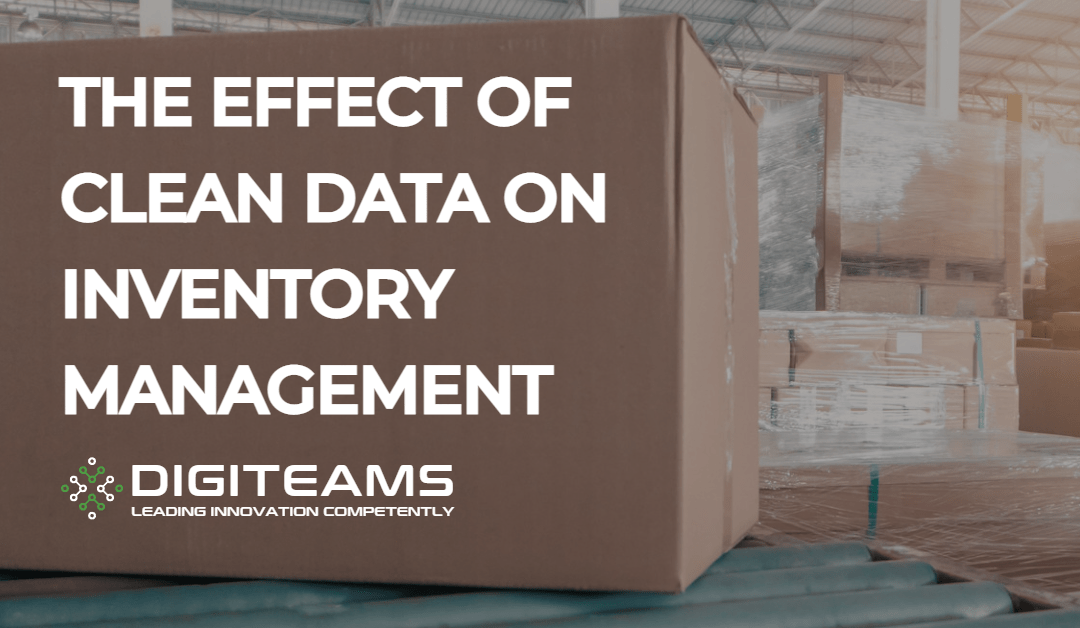In today’s data-driven world, organisations rely heavily on data to make informed decisions. This is especially true for businesses with large quantities of inventory, such as retailers and manufacturers. Accurate and up-to-date data on product attributes and inventory levels is critical to effective inventory management. In this article, we will discuss why it is important for organisations with large quantities of inventory to have clean data and the effects of dirty data on inventory management.
Dirty Data and The Effects on Inventory Management
Dirty data is inaccurate, incomplete, or inconsistent data that can lead to flawed insights and incorrect decisions. In the context of inventory management, dirty data can include incorrect product attributes, outdated information, and inconsistent inventory levels. For example, if a retailer has incorrect product descriptions or incorrect inventory levels, they may overstock or understock products, leading to lost sales or excess inventory.
Data Cleansing: The Solution to Dirty Data
To combat dirty data, organisations must engage in data cleansing, which is the process of identifying and correcting inaccurate, incomplete, or inconsistent data. Data cleansing is critical to ensuring that inventory data is accurate and up-to-date. There are several steps involved in data cleansing, including data profiling, data standardisation, and data enrichment.
Data profiling is the process of examining data to identify any anomalies or inconsistencies. This includes identifying missing data, duplicate data, and inconsistent data. Once these issues are identified, the data must be standardised. Standardisation involves transforming the data into a consistent format. For example, if product descriptions are inconsistent, they may need to be standardised to a single format.
Data enrichment involves enhancing the data with additional information, such as product images or additional product attributes. This can improve the accuracy and completeness of the data, making it easier for organisations to manage their inventory effectively.
Why Clean Data is Essential for Inventory Management
So, why is it important for organisations with large quantities of inventory to have clean data? There are several reasons:
Accurate Inventory Management
Clean data ensures that inventory levels are accurate, allowing organisations to optimise their inventory levels and avoid stock outs or overstocking.
Improved Internal and External Customer Experience
Clean data ensures that product descriptions and images are accurate, which improves the customer experience and reduces the likelihood of returns or customer complaints.
Better Decision-Making
Clean data provides accurate insights into inventory levels, sales trends, and customer behaviour, allowing organisations to make informed decisions about inventory management and product offerings.
Cost Savings
Clean data can lead to cost savings by reducing excess inventory and minimising lost sales due to stockouts.
